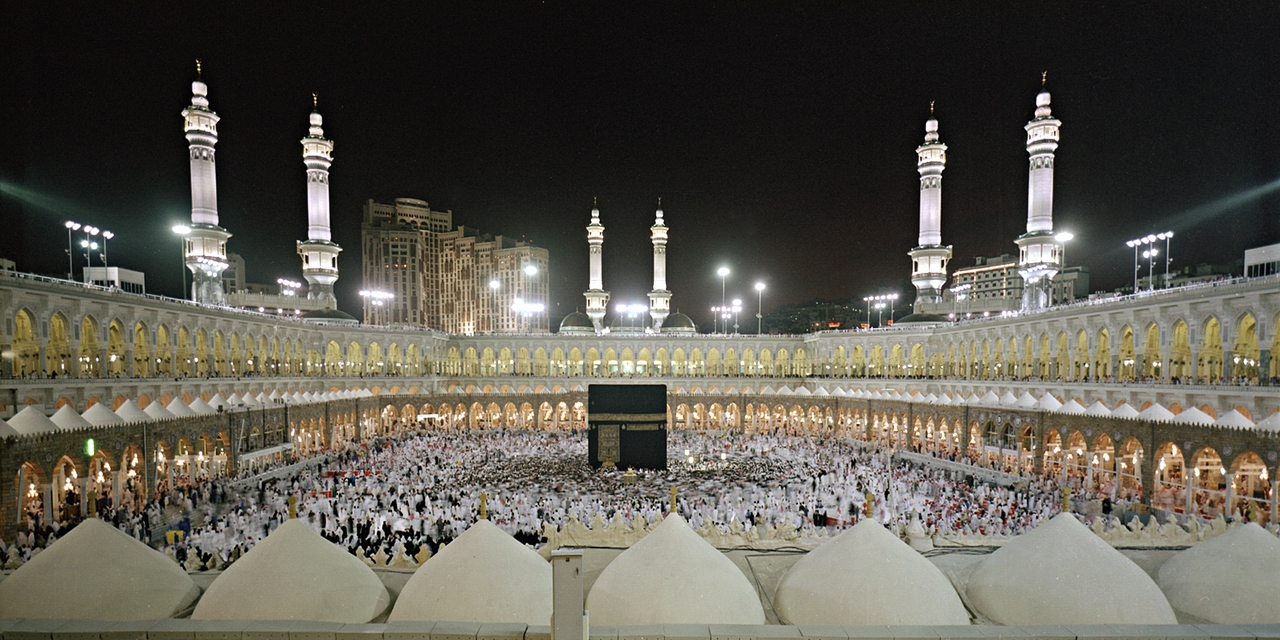Embarking on Hajj or Umrah is a profound spiritual journey that requires not only mental and emotional preparation but also physical readiness. The pilgrimage involves physical exertion, long hours of walking, and exposure to different environmental conditions. Staying healthy is crucial to fully benefit from the spiritual experience. Here’s how you can maintain your health and well-being during your sacred journey.
1. Prepare in Advance: Physical and Medical Readiness
a. Get a Health Check-Up
Before you leave, schedule a comprehensive health check-up. Ensure that any chronic conditions are well-managed and discuss your plans with your healthcare provider. If you’re on medication, make sure you have enough supplies and know how to manage them during your trip.
b. Get Vaccinated
Certain vaccinations are recommended or required for pilgrims, including those for meningitis and seasonal flu. Check with your healthcare provider about necessary vaccinations and any additional health precautions for travel.
c. Fitness Preparation
Incorporate regular exercise into your routine to build stamina and endurance. Activities like walking, hiking, and light jogging can help prepare your body for the physical demands of Hajj and Umrah.
2. Hydration: Staying Well-Watered
a. Drink Plenty of Water
Hydration is crucial, especially in the hot climate of Makkah and Madinah. Drink plenty of water throughout the day, and avoid caffeinated or sugary drinks that can dehydrate you.
b. Carry a Reusable Water Bottle
Always have a water bottle with you. Many areas in the holy sites have water dispensers, but having your own bottle ensures you can stay hydrated at all times.
c. Avoid Dehydration
Be mindful of signs of dehydration such as dizziness, dry mouth, or dark-colored urine. If you experience these symptoms, drink water immediately and seek medical help if necessary.
3. Nutrition: Eating Wisely
a. Balanced Diet
Maintain a balanced diet with a good mix of proteins, carbohydrates, and vegetables. Eating well can help keep your energy levels up and your immune system strong.
b. Eat Small, Frequent Meals
Opt for smaller, more frequent meals instead of large ones. This can help maintain your energy levels and avoid digestive issues.
c. Choose Safe Foods
Be cautious about street food and only eat from reputable sources. Ensure that the food is well-cooked and avoid raw or undercooked items to prevent foodborne illnesses.
4. Foot Care: Protecting Your Feet
a. Wear Comfortable Footwear
Choose comfortable, well-fitting shoes suitable for long walks. Consider breaking them in before your trip to prevent blisters and discomfort.
b. Use Moisture-Wicking Socks
Opt for moisture-wicking socks to keep your feet dry and reduce the risk of blisters and fungal infections.
c. Take Care of Blisters
If you get a blister, treat it promptly to prevent infection. Clean the area, cover it with a sterile bandage, and avoid further irritation.
5. Rest and Manage Fatigue
a. Listen to Your Body
Allow time for rest and avoid overexertion. Recognize when your body needs a break and take short rests during your pilgrimage activities.
b. Create a Restful Routine
Establish a routine that includes time for rest and prayer. Adequate sleep and relaxation are important for maintaining your health and energy levels.
c. Manage Jet Lag
If traveling from a different time zone, try to adjust your sleep schedule before you depart. This can help mitigate the effects of jet lag and ensure you are well-rested for your pilgrimage.
6. Avoiding Heat-Related Illnesses
a. Stay Cool
Wear light, breathable clothing and use a hat or umbrella to shield yourself from the sun. Avoid the hottest parts of the day for strenuous activities.
b. Use Sunscreen
Apply a high-SPF sunscreen regularly to protect your skin from sunburn and heat-related issues.
c. Recognize Heat Stress Symptoms
Be aware of symptoms like excessive sweating, nausea, headache, and confusion, which can indicate heat stress. Seek shade, hydrate, and cool down if you experience these symptoms.
7. Medical Services: Know Your Options
a. Locate Medical Facilities
Familiarize yourself with the locations of medical facilities and clinics near the holy sites. Many areas have dedicated healthcare services for pilgrims.
b. Carry Basic Medications
Pack a small first aid kit with essential medications like pain relievers, antacids, and any personal medications you may need.
c. Seek Assistance When Needed
Do not hesitate to seek medical assistance if you feel unwell. Prompt treatment can prevent minor issues from becoming more serious.
8. Interactive Reflection: How Do You Prepare for Your Pilgrimage?
Preparing for Hajj or Umrah involves both physical and spiritual readiness. Reflect on your own preparation:
- Health Preparation: How are you preparing physically for your pilgrimage? Have you taken any specific steps to ensure your health?
- Diet and Hydration: What are your strategies for staying hydrated and maintaining a balanced diet during your trip?
- Foot Care: Have you considered the best footwear and foot care practices for your journey?
- Rest and Fatigue: How will you manage rest and fatigue to ensure a fulfilling pilgrimage experience?
Feel free to share your preparation tips and experiences in the comments below!
In Conclusion
Maintaining your health during Hajj or Umrah is essential for a fulfilling and spiritually enriching experience. By preparing in advance, staying hydrated, eating wisely, and managing fatigue, you can focus on the profound spiritual journey that lies ahead. May your pilgrimage be safe, healthy, and transformative.
Thank you for joining this guide on staying healthy during Hajj and Umrah. Wishing you a blessed and rewarding pilgrimage!

